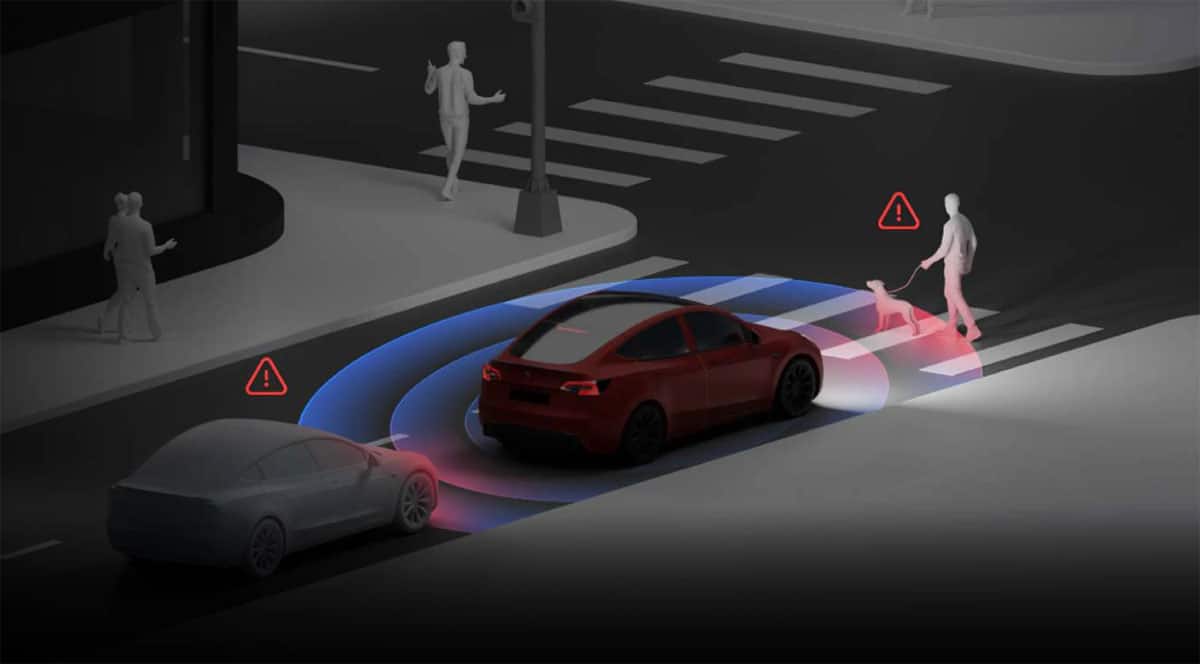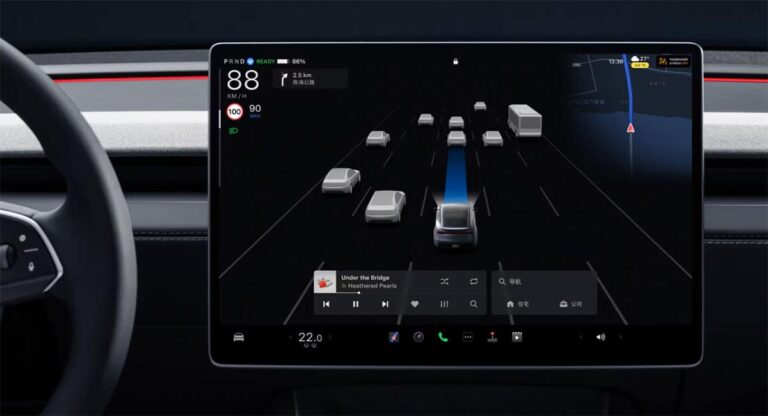- Tesla used videos of Chinese roads and signs publicly available on the internet to train FSD.
- FSD-like smart driving features started to become available in China, sparking widespread discussion on social media.

Tesla (NASDAQ: TSLA) is facing a dilemma in training its FSD (Full Self-Driving) algorithm for China, and the US electric vehicle (EV) maker seems to have found a workaround.
The company used videos of Chinese roads and signs that are publicly available on the internet to train FSD, according to the EV maker's CEO Elon Musk.
Musk made the comment yesterday in response to a post on X, the social media platform he owns, about the FSD's performance in China.
We just used publicly available video on the Internet of roads and signs in China and used that to train in sim
— Elon Musk (@elonmusk) February 25, 2025
Earlier yesterday, Tesla began rolling out software update version 2024.45.32.12 to eligible vehicles in China, bringing advanced smart driving features similar to FSD (Full Self-Driving) in the US, though avoiding any mention of FSD.
The software update optimizes the existing NOA (Navigation on Autopilot) auto-assisted navigation driving feature, which will guide the vehicle off ramps and intersections based on the navigation route and recognize traffic signals at intersections to perform straight, left, right, and U-turn maneuvers, Tesla said in an update log.
When the navigation route is not set, the vehicle will choose the optimal road to drive on based on the actual road conditions, according to the changelog.
Subsequently, a large number of automotive bloggers have shared their experiences with the features on Chinese social media platforms, with mixed reviews.
Training algorithms with local data is necessary if improved autonomous driving experiences are to be delivered.
Tesla faces a dilemma in this regard -- China doesn't allow data to leave the country, and the US government's chip ban has prevented Tesla from building large-scale computing centers in China.
Yesterday, local media outlet LatePost reported that Tesla sent some engineers from its US headquarters to China at the beginning of February to locally deploy and optimize algorithms for a mature version of FSD.
Theoretically, the move would improve FSD's performance in China as much as possible without moving data outside the country, the report said.
After the US engineer's work completes, Tesla's team in China won't have to train the FSD from scratch, and they'll take over to complete the algorithm optimization for the localized Chinese road scenarios, according to the report.
The data used for algorithm training in that optimization came from Tesla's engineering vehicles that have been driven on specific roads in China since last year, according to LatePost.
All Tesla vehicles in China come with the free Basic Autopilot (BAP) software, which when turned on allows the vehicle to drive autonomously in its set lane, including accelerating, decelerating, stopping and starting.
Tesla has been allowing owners to purchase the FSD software package for a one-time fee of RMB 64,000 ($8,810) for the past several years.
In addition to FSD, Tesla also offers Enhanced Autopilot (EAP) in China at half the price of FSD.
($1 = RMB 7.2568)
